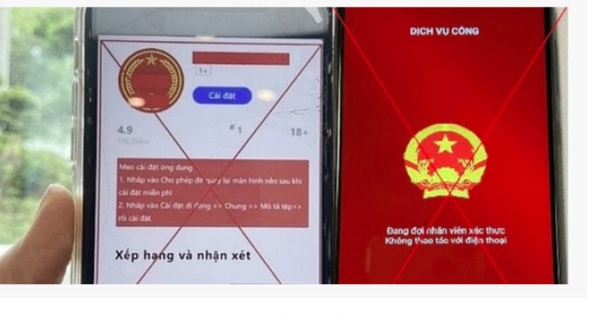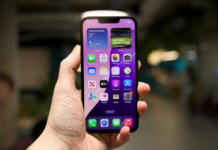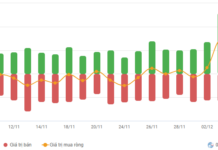Vietcombank, one of Vietnam’s leading banks, has issued a warning to its customers about new scams perpetrated by malicious actors. According to the bank, authorities have been consistently reporting incidents of fraud where individuals are tricked into installing fake applications containing malware on their phones. Some of the fake apps that have been identified include those posing as government services, VneID, tax authorities, and even law enforcement agencies.
The scammers’ tactics typically involve contacting and enticing victims with common scenarios, such as discrepancies in identity information, expired electronic household registration deadlines, and VNeID level 2 identity verification issues.
Despite being well-known schemes, many people still fall prey to these scams and end up accessing fraudulent links as instructed by the scammers. The malware embedded in these links steals sensitive information and compromises users’ bank accounts, resulting in financial loss.

Vietcombank warns users to be cautious and avoid installing fake applications to prevent information theft. |
Vietcombank has identified several indicators of fake apps, including those that are not installed through official app stores (Google Play for Android or App Store for iOS) but rather through links provided by scammers. Additionally, these fake apps may exhibit unusual behavior, such as not responding to user interactions, displaying a black screen, or causing the phone to slow down, overheat, or drain battery quickly. Another red flag is when an application automatically turns on even when it’s not in use.
Meanwhile, MBS, a prominent securities company, has alerted investors to a group of individuals employing sophisticated tactics to impersonate the MBS brand and its leadership and staff. This scam involves impersonating MBS, luring victims to invest through fake apps, and ultimately defrauding them of their money. To enhance their credibility and gain victims’ trust, the scammers illegally use various MBS information, including employee names and expertise, to pose as customer service representatives or securities consultants.
The scammers create multiple fake profiles and use the names, images, and professional backgrounds of MBS’s leadership and senior management to pose as “teachers” or “expert advisors.” They gather this information from interviews, events, and MBS’s official website and fan page, leveraging it to deceive potential victims. MBS strongly advises investors to exercise caution.
These fake “teachers” and “experts” actively reach out to victims via private messages, encouraging them to invest in stocks or other fraudulent schemes. When questioned about their expertise or job roles, the scammers often dodge the question, provide vague answers, or deny working for MBS, claiming to be independent consultants associated with multiple companies.
The securities company also warns investors to be wary of calls from unfamiliar landline numbers, such as 028888xxxxx/029999xxxxx/028899xxxxx/029988xxxxx/, and anonymous mobile numbers.
|
What to Do If You’ve Installed a Fake App? To avoid falling victim to scams and losing money, Vietcombank advises users to be cautious when receiving calls from authorities requesting app installations. If you suspect any unusual behavior, immediately reset your phone to its original settings, especially if you notice a black screen, permission requests from unknown apps, the appearance of strange apps, or performance issues like slow speed, overheating, or rapid battery drain. |
Thai Phuong





































